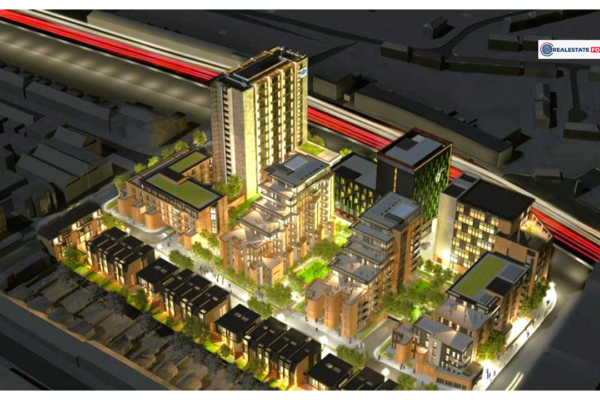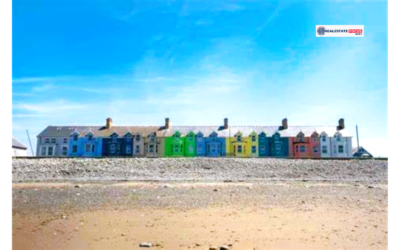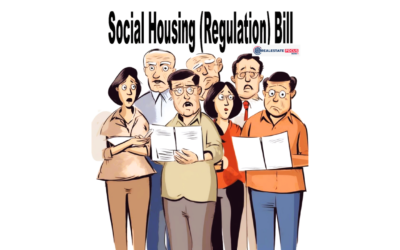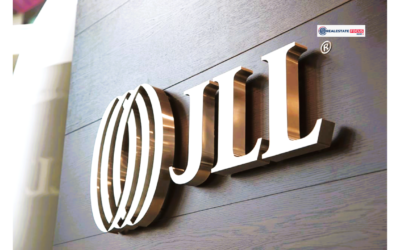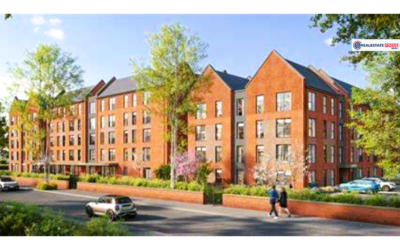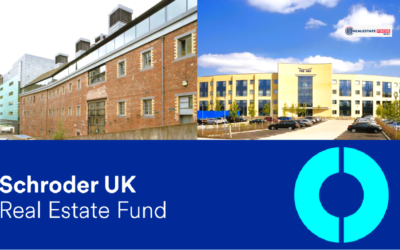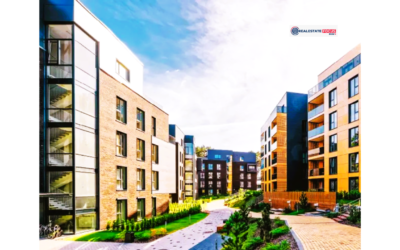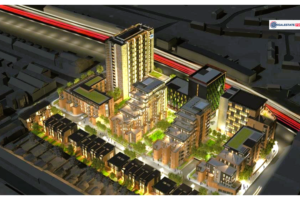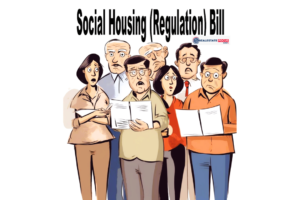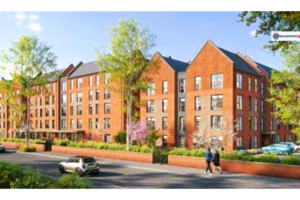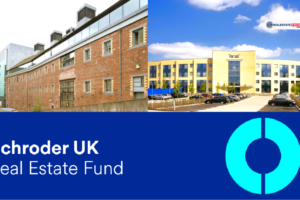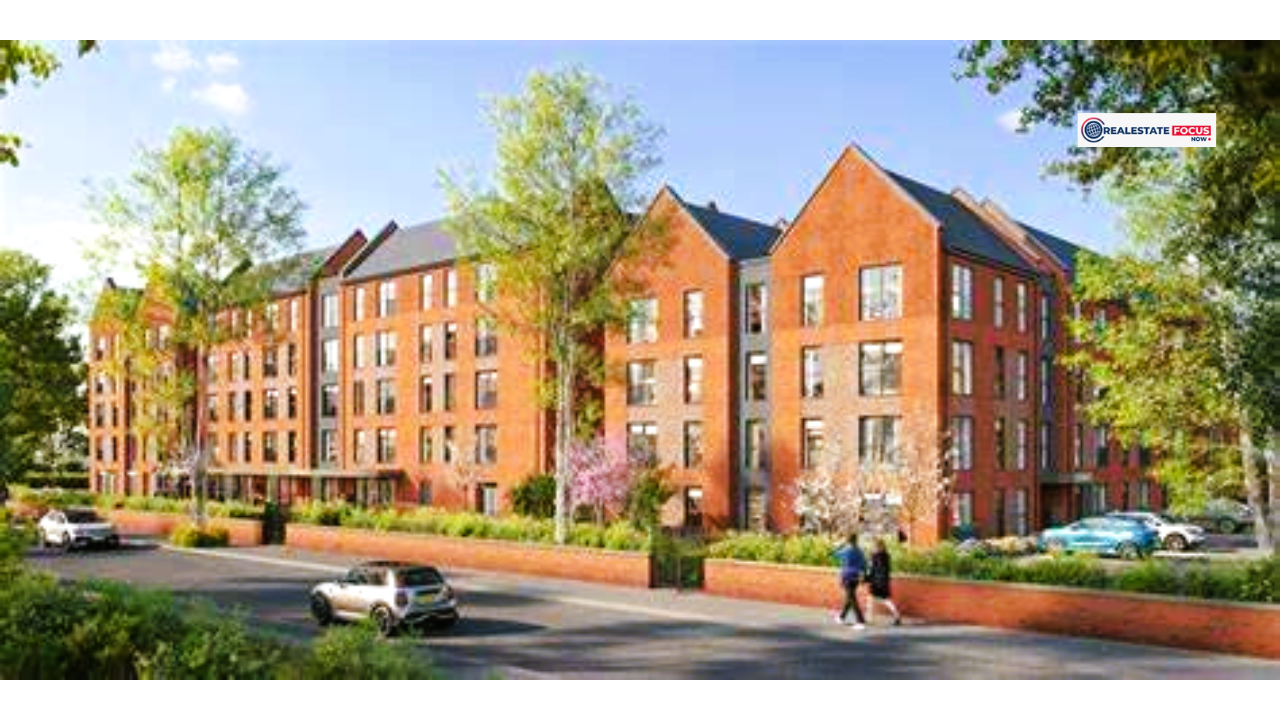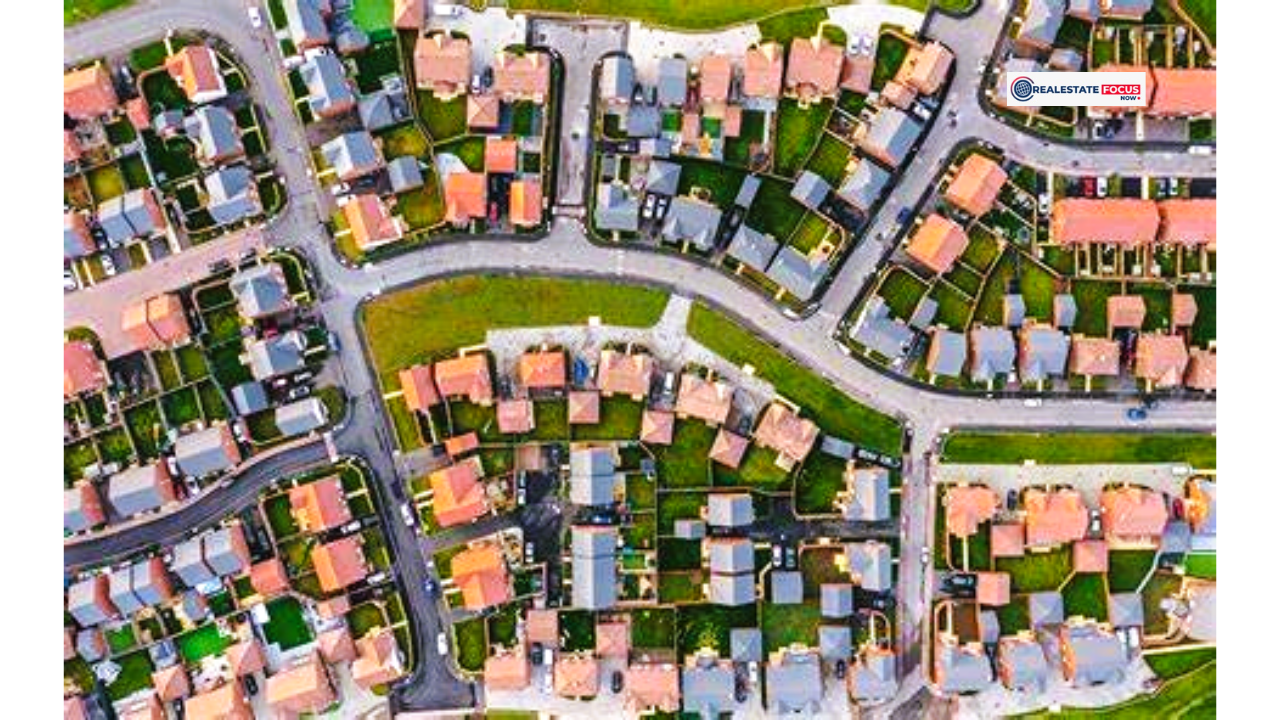
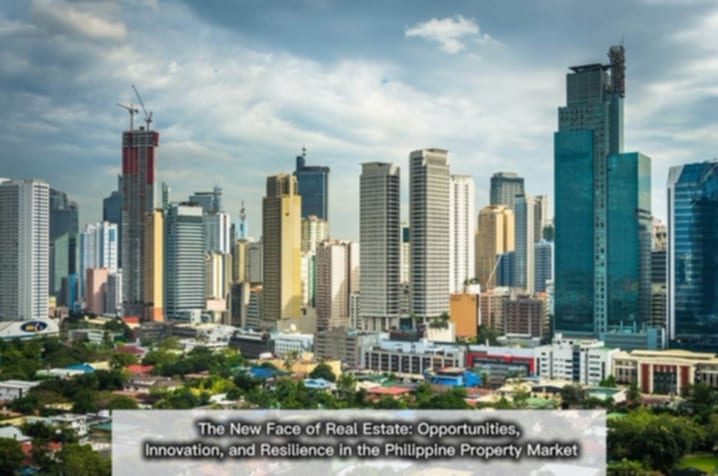
The New Face of Real Estate: Opportunities, Innovation, and Resilience in the Philippine Property Market
The Philippine real estate market is entering a new era, one marked by both challenge and possibility. While short- to medium-term headwinds persist, including unsold inventory and shifting buyer preferences, industry experts believe that the long-term outlook remains strong. As the country’s economy continues its upward trajectory, property remains a promising asset class ripe with opportunity for those ready to evolve.
In its 2025 market briefing, global real estate firm Cushman & Wakefield (CWK) described the current environment as unique in recent memory, shaped by disruptive forces such as the pandemic, global geopolitical tensions, and rapid digital innovation. Despite this, CWK noted that established central business districts (CBDs) have shown resilience, while emerging submarkets present attractive prospects, particularly in fast-growing sectors like technology, healthcare, and logistics.
Colliers Philippines echoed this sentiment, projecting “stellar growth” for the real estate sector in 2025, particularly in retail, residential, and industrial segments. Lower interest rates, combined with the country’s young and growing workforce, create a strong foundation for sustained expansion beyond 2025.
Evolving Market Dynamics
Still, the property sector is undergoing a fundamental shift. In Metro Manila alone, a glut of pre-selling and ready-for-occupancy (RFO) units presents challenges for developers. According to Colliers, over 75,300 condo units remained unsold as of Q3 2024, with about 5.8 years needed to fully absorb this inventory, a far cry from the pre-pandemic norm of under one year.
This oversupply is causing developers to hit pause on new launches in saturated areas like Pasig City, Makati Fringe, and Quezon City. However, it’s also prompting a strategic pivot toward leisure-oriented developments in provinces like Batangas, Cavite, Cebu, and even destinations like Palawan and Boracay. These master-planned communities, often integrated with resorts or golf courses, align with growing demand for lifestyle and wellness experiences.
A New Role for Property Management
As real estate evolves, so must property management. No longer confined to rent collection and maintenance, modern property managers are becoming strategic enablers tasked with enhancing tenant experience, increasing asset value, and integrating sustainability into operations.
Tenants now demand more than just well-maintained spaces; they want green buildings, digital convenience, and community-focused living. For developers, this means investing in energy-efficient retrofits, securing green certifications like LEED or EDGE, and creating amenities that foster holistic lifestyles.
In this context, ESG (environmental, social, governance) principles are becoming non-negotiable. With climate resilience gaining urgency and utility costs rising, sustainable development is not just a trend it’s a competitive advantage.
Building for the Future
One of the leading examples in this transformation is NEO, a developer and manager of green-certified buildings in Bonifacio Global City. Gie Garcia, the company’s co-managing director and chief sustainability officer, believes that sustainability is a long-term commitment that extends far beyond construction.
“Building a resilient, sustainable, and innovative development does not end at construction,” Garcia said. “It extends to nurturing the community that operates it, investing in their training, empowering their leadership, and embedding a shared sense of purpose in every part of the building’s daily life.”
Indeed, developments like Clark Global City, Iloilo Business Park, and Davao’s emerging CBDs show how the industry is diversifying geographically, opening opportunities for both established players and up-and-coming firms willing to embrace innovation and global best practices.
Investing in Reinvention
In a volatile global environment, Philippine real estate offers a path to stability, growth, and impact. The key lies in reinvention moving beyond traditional business models and leaning into the forces that are reshaping the sector.
For property managers, developers, and investors alike, the message is clear: those who adapt, innovate, and lead with purpose will be best positioned to capitalize on the sector’s long-term promise. As the real estate industry redefines what it means to be resilient, one thing is certain there has never been a more exciting time to invest in its future.

